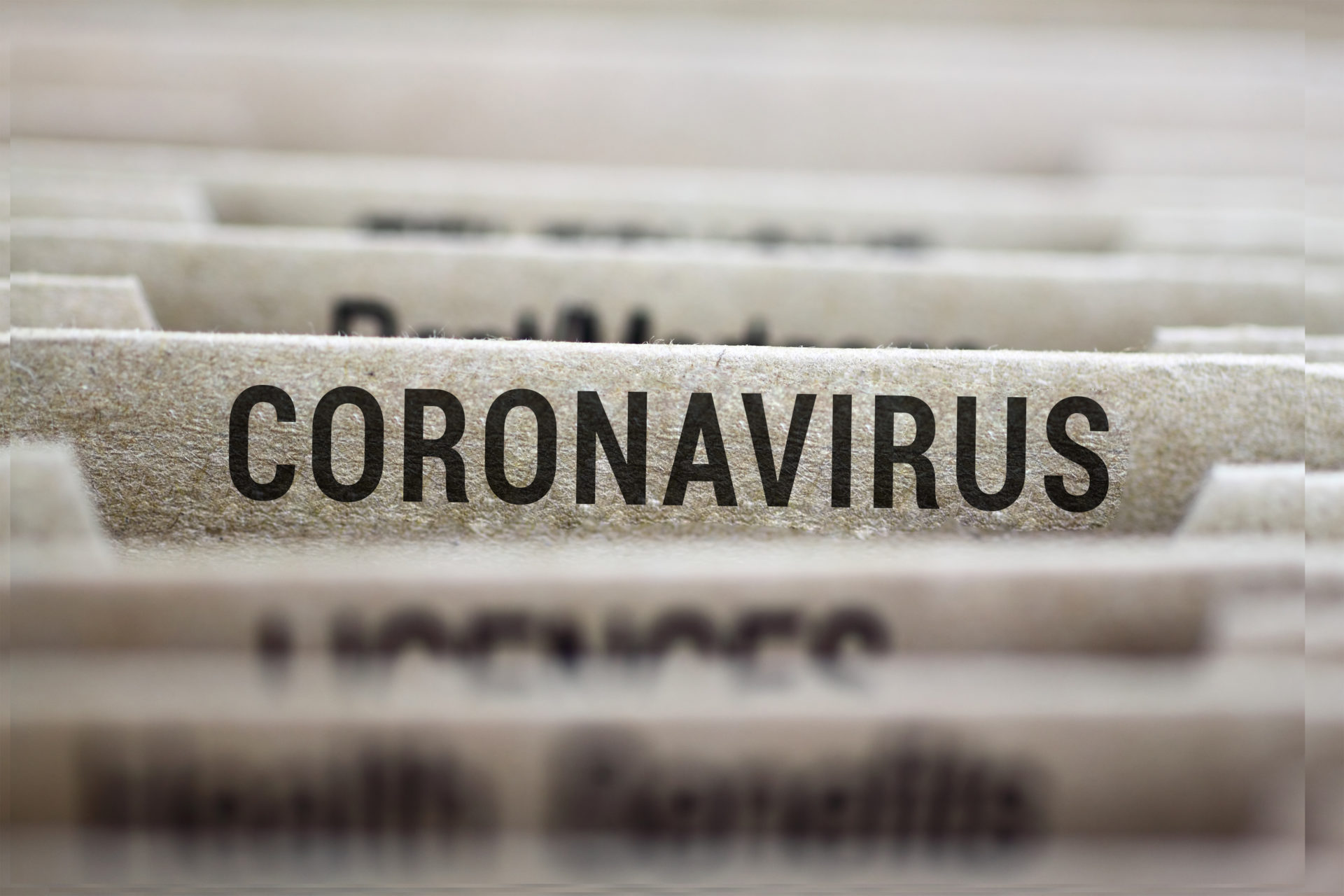Posted by Elliot DavidDavies in News on Thursday, 19th March, 2020.

We must look after ourselves, and others. But some people are particularly at risk during these trying times. It’s important that we help where we can. But it’s also vital that we remain aware of certain safeguarding risks.
We’ve put together this short collection of essential information, tips, and resources. We’ll be sure to update this page as necessary, and we’ll also be producing more resources of our own in the coming days.
To begin with, read our short guide to safe volunteering during the Coronavirus crisis.
We still don’t fully understand Covid-19. Every day, experts are broadening their understanding of the virus. As a result, official Government guidance changes regularly.
We advise against using social media for news and updates. Many non-experts are sharing their thoughts and opinions. Don’t get caught up in a panic. Stay calm. And to ensure you only receive official updates and advice, stick to the official channels:
As the situation is still developing, and as the official guidance changes from day-to-day, we cannot currently offer any concrete guidelines for safeguarding during the Covid-19 epidemic. However, we can offer general advice. There are certain things you should keep in mind when interacting with anyone, and certain best-practice techniques you can adopt.
The Athena Programme produced a short guide to safeguarding adults and young people at risk during the epidemic.
Their advice:
You can read their guide in full here.
The current Government guidance is to avoid leaving the house as much as possible. Unfortunately, this places some individuals at risk – either of isolation and neglect, or of domestic violence and other forms of abuse.
The Huffington Post published a comprehensive report on how self-isolation may make abuse more likely.
If you or someone else is in immediate danger, call 999 and ask for police. Your emergency situation still matters, even during an epidemic!
But if you’re not in immediate danger, there are many other resources out there:
Unfortunately, some people are exploiting the Covid-19 crisis to scam at-risk individuals. We’re hearing reports of telephone scams, email scams, and even in-person scams.
Regardless of whether a virus is making the rounds, the best way to protect yourself and others from scams is through remaining vigilant. Be aware of the risks yourself, and learn what sort of warning signs to look out for. And if you know or care for any at-risk individuals, make sure you advise them on the risks too.
Some general guidance for avoiding scams:
We have some additional resources about this issue. Read our guide to keeping safe from financial abuse here.
Our guide to safe volunteering during the Covid-19 crisis also features some guidance on spotting certain warning signs. Read it here.
It’s sad that we have to share these guidelines. The vast majority of people who offer to help during this crisis genuinely want to help. But there will always be some who will think nothing of exploiting others’ goodwill and vulnerability. As always, it pays to be vigilant.